By Jonathan Ugbal
Civic Space actors in some states of the Niger Delta on Tuesday identified the need to engage a wider audience of stakeholders on the issues of Beneficial Ownership data (BO) and Contract Transparency (CT) to drive development in the region.
This was during a capacity-building workshop organized by the BudgIT Foundation at Uyo, the Akwa Ibom State capital where journalists and other civic space actors agreed that illicit financial flows stemming from opaque deals have harmed the countries in many ways.
Enebi Opaluwa, BudgIT Senior Research and Policy Analyst who anchored the BO session said the lack of actual data of the real faces and names behind the companies has led to state capture.
He cited a World Bank survey from the year 2000 which said that 60 percent of government expenditure was lost to procurement fraud. In 2016, the Independent Corrupt Practices Commission (ICPC) said the same percentage of corruption cases were procurement-related and while NGN 825 billion has been saved since the introduction of the Act according to the Bureau of Public Procurement in 2017.
However, he said Nigeria has made some progress with the Company and Allied Matters Act, CAMA 2020 while there is a need to push for more to ensure that the critical areas of having data that is structured, up-to-date, and auditable as well as sanctions and enforcement which Nigeria scores far behind in the outcome of the in the rapid assessment matrix, will be improved upon.
He cited the inaccessibility of certain data from the Beneficial Ownership Register owing to privacy concerns as one major hindrance.
Also, he urged attendees to also look inward at Local Governments Areas which he said have been collecting huge sums as federal allocations with almost nothing to show for it.
On CT, Mfon Gabriel, Senior Program Officer at Policy Alert said between USD15 billion to USD18 billion was lost annually to illicit financial flows due to lack of transparency in the oil and gas sector of the extractive industry.
He highlighted some standards set in 2019 by the Extractive Industries Transparency Initiative as well as Sections 7, and 83 of the Petroleum Industry Act, PIA 2021 that have promoted the need for transparency but lamented the fact that it was not being implemented as it should.
The PIA mandates the Nigerian Upstream Petroleum Regulatory Commission, NUPRC, and the Nigerian Midstream and Downstream Petroleum Regulatory Authority, NMDPRA to publish contracts and beneficial ownership information.
And, Mr. Mfon said while this used to be voluntary before now, there was a need to ensure the data was published in a way that can be utilized, compared among other factors.
He recommended that the government ensure the publication of CT regulations, the opening of a CT portal, and the publication of licensing round plans as steps to further entrench transparency in the sector.
Earlier, a member of the communications team at BudgIT, Ms. Esther Okoloeze while setting the tone for conversations, said, “Over the years, politically exposed persons have conspired with vested interests to capture public resources in Nigeria by significantly influencing the country’s decision-making processes for their private enrichment.”
She mentioned the “anonymous or hidden ownership of company structures which could be exploited during licensing process for natural resources,” as one of the ways state capture has led to the infrastructure deficit and underdevelopment seen in the country.
Okoloeze who said some progress has been made via the use of BO transparency to curb corruption and State capture in the Niger Delta, however, said, “more work needs to be done, and quickly too.”
During the feedback session, attendees agreed that there was a need for further collaboration to ensure that the people are armed with knowledge and the importance of Beneficial Ownership and Contract Transparency to achieve a “critical mass” that can utilize the information provided for advocacy and strategic engagement geared towards the development of their communities and the country at large.
Attendees also agree that the current laws are sufficient enough to hold State actors when they are not working in line with current laws and regulations.
Furthermore, they agreed that there was a need to up enforcement and where possible, improve on the laws to ensure there is adequate deterrence.
Since You Are Here, Support Good JournalismCrossRiverWatch was founded on the ideals of deploying tech tools to report in an ethical manner, news, views and analysis with a narrative that ensures transparency in governance, a good society and an accountable democracy. Everyone appreciates good journalism but it costs a lot of money. Nonetheless, it cannot be sacrificed on the altar of news commercialization. Consider making a modest contribution to support CrossRiverWatch's journalism of credibility and integrity in order to ensure that all have continuous free access to our noble endeavor. CLICK HERE |
New Feature: Don't miss any of our news again.Get all our articles in your facebook chat box.Click the Facebook Messenger Icon below to subscribe now
Text Advert by CRWatch :Place Yours

Will You To Learn How To Make Millions Of Naira Making Special Creams From Your Kitchen?.Click Here
Expose Your Business And Make More Sales. Advertise On CrossRiverWatch.com Today

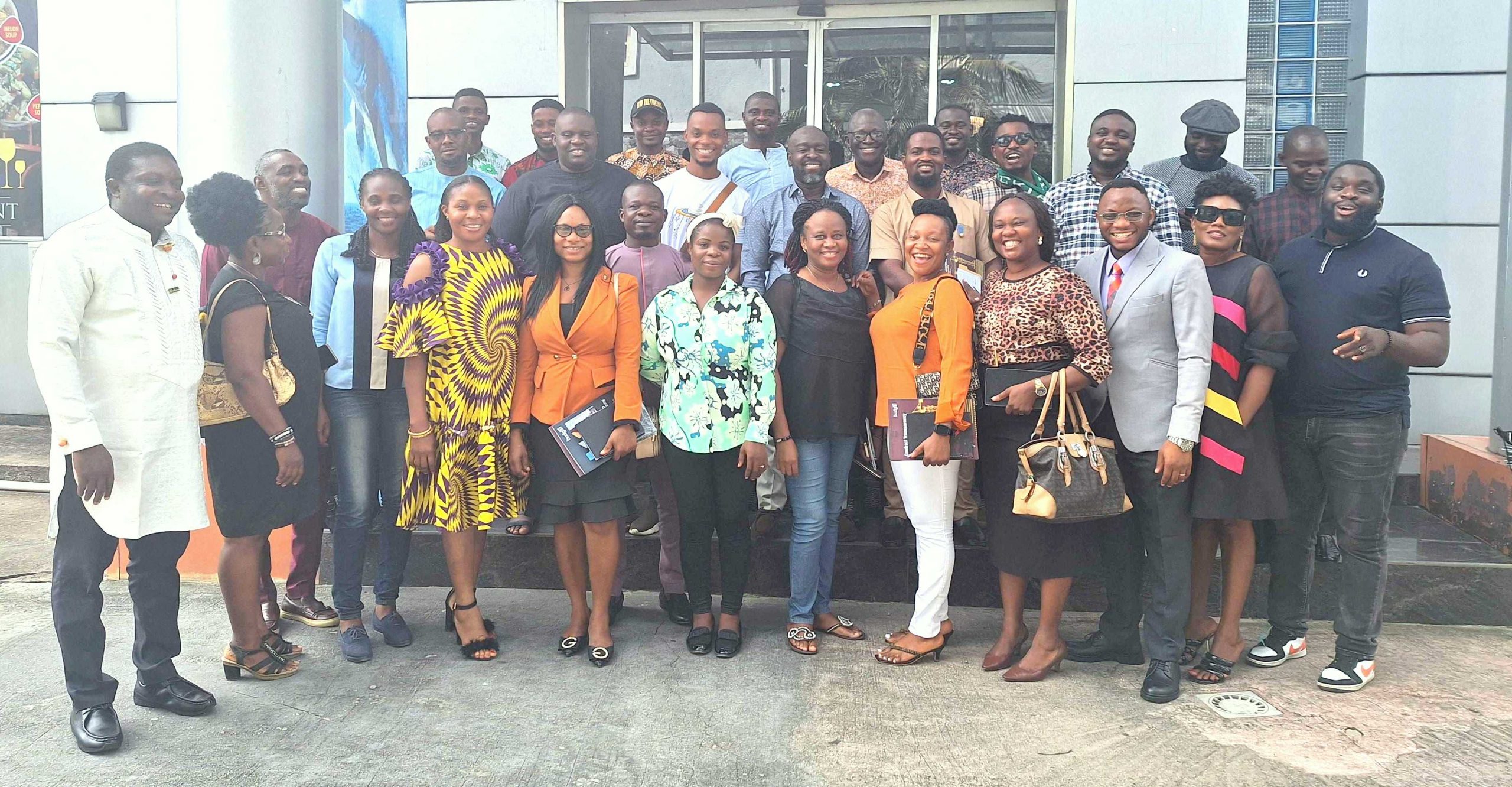

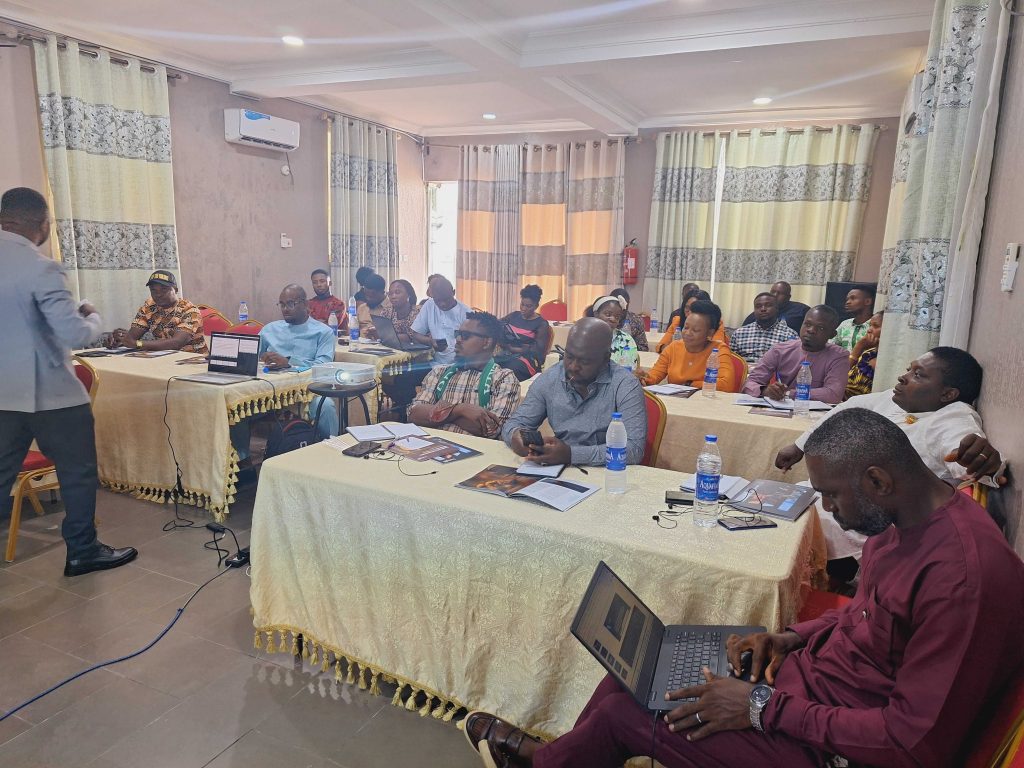
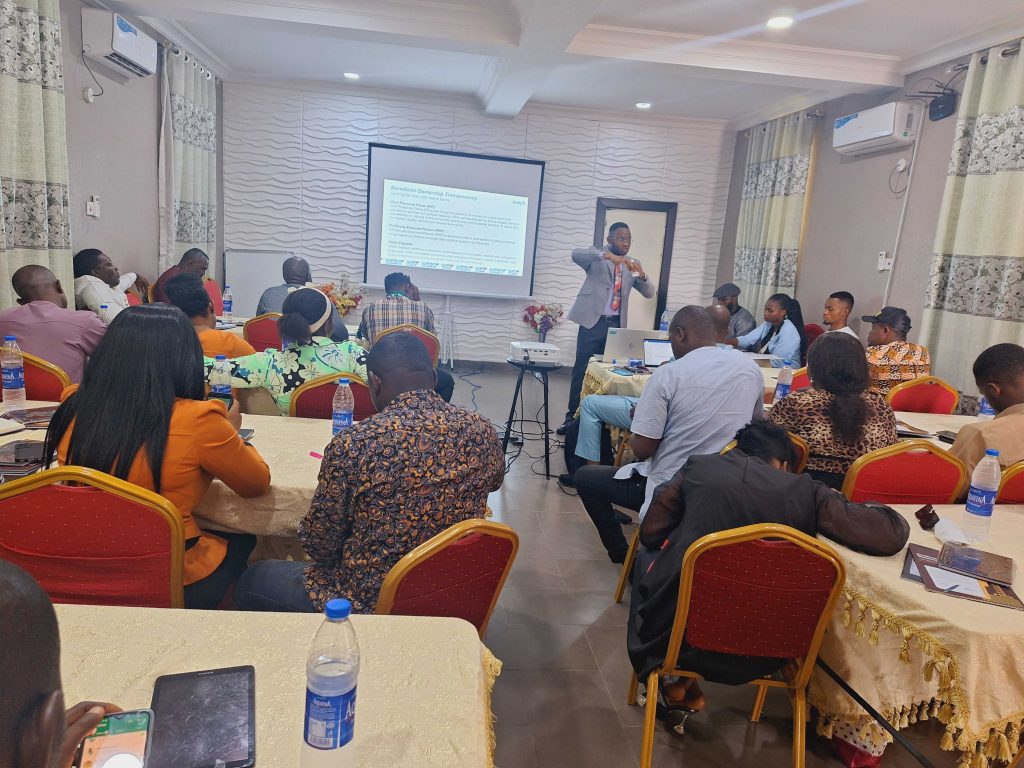
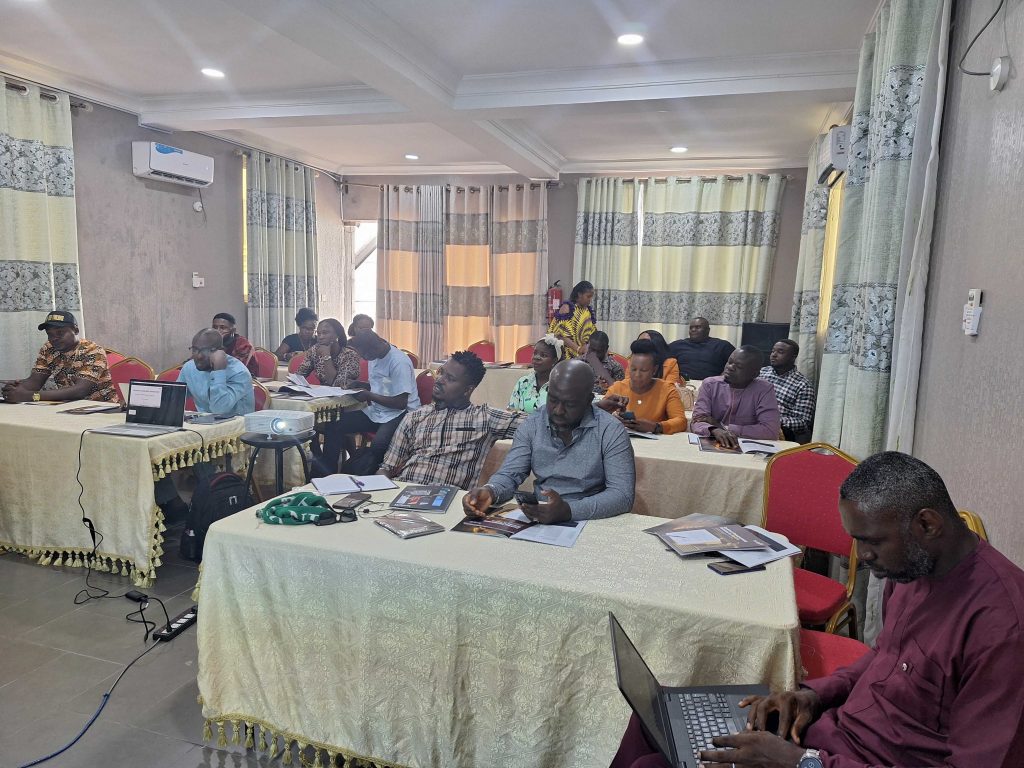
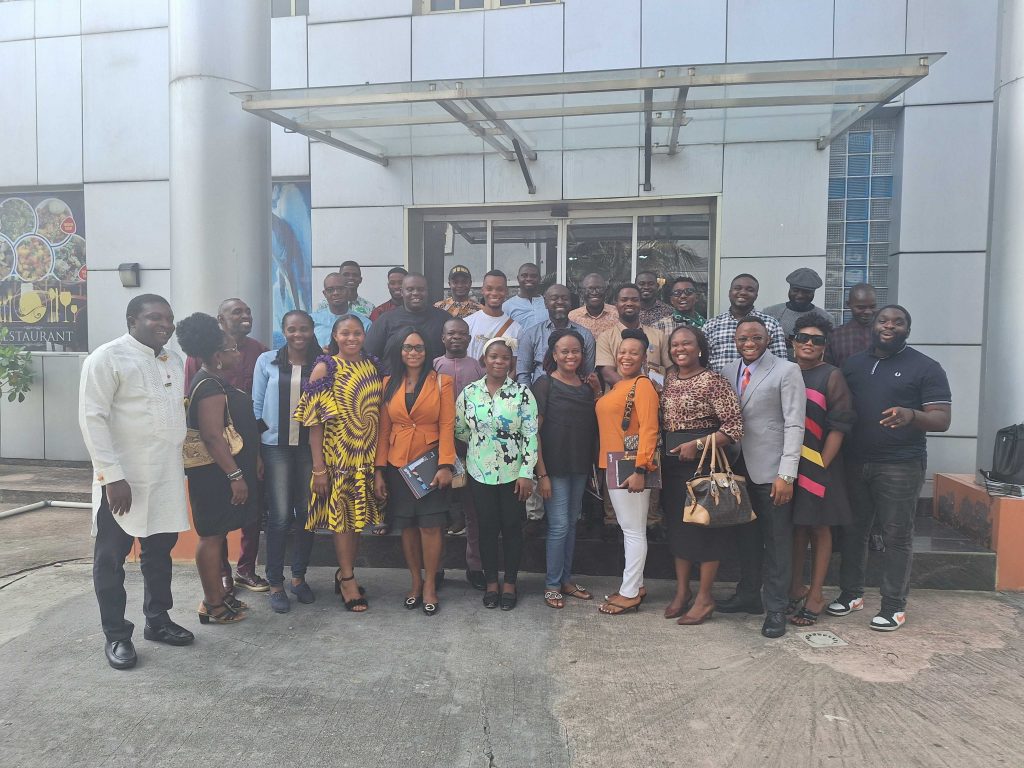
Leave feedback about this